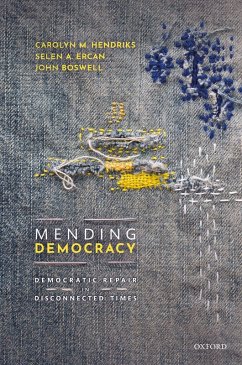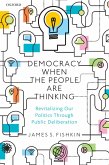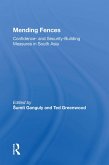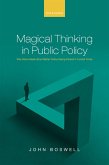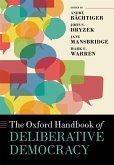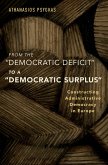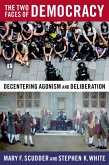The fabric of democracy is threadbare in many contemporary societies. Connections that are vital to the functioning and integrity of our democratic systems are wearing thin. Citizens are increasingly disconnected ? from their elected representatives, from one another in the public sphere, and from complex processes of public policy. In such disconnected times, how can we strengthen and renew our democracies? This book develops the idea of democratic mending as a way of advancing a more connective approach to democratic reform. It is informed by three rich empirical cases of connectivity in practice, as well as cutting-edge debates in deliberative democracy. The empirical cases uncover empowering and transformative modes of political engagement that are vital for democratic renewal. The diverse actors in this book are not withdrawing, resisting or seeking autonomy from conventional institutions of representative democracy but actively experimenting with ways to improve and engage with them. Through their everyday practices of democratic mending they undertake crucial systemic repair work and strengthen the integrity of our democratic fabric in ways that are yet to be fully acknowledged by scholars and practitioners of democratic reform.
Dieser Download kann aus rechtlichen Gründen nur mit Rechnungsadresse in A, B, BG, CY, CZ, D, DK, EW, E, FIN, F, GR, HR, H, IRL, I, LT, L, LR, M, NL, PL, P, R, S, SLO, SK ausgeliefert werden.

